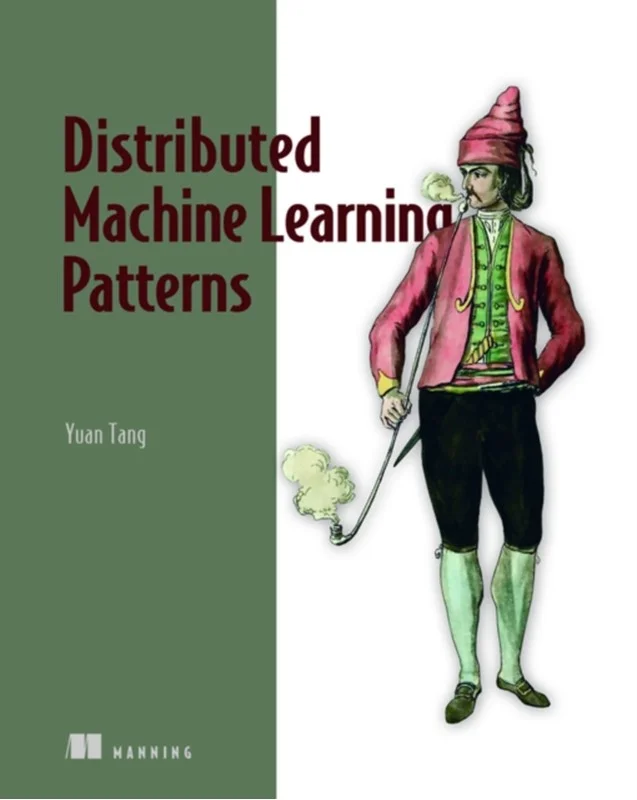
Mærke
- Taylor & Francis Ltd 1.154
- Springer International Publishing AG 707
- Springer Nature Switzerland AG 636
- Springer Verlag, Singapore 190
- Cambridge University Press 167
- APress 133
- Springer-Verlag Berlin and Heidelberg GmbH & Co. KG 102
- Oxford University Press 88
- O'Reilly Media 73
- Taylor & Francis Inc 70
- John Wiley & Sons Inc 69
- Manning Publications 66
- Schiffer Publishing Ltd 42
- teNeues Publishing UK Ltd 42
- Oxford University Press Inc 38
- Springer 34
- Bloomsbury Publishing Plc 32
- River Publishers 29
- McFarland & Co Inc 26
- John Wiley and Sons Ltd 25
- Princeton University Press 25
- MIT Press Ltd 24
- No Starch Press,US 24
- Pearson Education (US) 23
- Abrams 21
- Bloomsbury Publishing PLC 21
- Kogan Page Ltd 21
- Springer-Verlag New York Inc. 19
- World Scientific Publishing Co Pte Ltd 19
- McGraw-Hill Education 16
- Industrial Press Inc.,U.S. 15
- Packt Publishing Limited 14
- SDC Publications 14
- Stanford University Press 14
- Elsevier Science & Technology 13
- Springer Fachmedien Wiesbaden 13
- University of Minnesota Press 13
- Cornell University Press 12
- Johns Hopkins University Press 12
- The University of North Carolina Press 12
- ACC Art Books 11
- Nova Science Publishers Inc 11
- Palgrave Macmillan 11
- The University of Chicago Press 11
- Duke University Press 10
- Elsevier - Health Sciences Division 10
- Taschen GmbH 10
- Titan Books Ltd 10
- University of California Press 10
- De Gruyter 9
- Elsevier Science Publishing Co Inc 9
- Marvel Comics 9
- Sage Publications Ltd 9
- Chronicle Books 8
- Hatje Cantz 8
- Yale University Press 8
- now publishers Inc 8
- Cengage Learning, Inc 7
- Elsevier Health Sciences 7
- Emerald Publishing Limited 7
- Harvard University Press 7
- Lannoo Publishers 7
- New York University Press 7
- Peter Lang Publishing Inc 7
- TechSar Pvt. Ltd 7
- University Press of Kansas 7
- University of Pennsylvania Press 7
- Birkhauser 6
- McGraw-Hill Education - Europe 6
- Mercury Learning & Information 6
- Scarecrow Press 6
- Wiley-VCH Verlag GmbH 6
- Indiana University Press 5
- Insight Editions 5
- National Academies Press 5
- Peter Lang AG 5
- Phaidon Press Ltd 5
- Reel Art Press 5
- The Pragmatic Programmers 5
- University Press of America 5
- Beta-Plus 4
- Centre for the Study of Language & Information 4
- Facet Publishing 4
- HarperCollins Publishers 4
- Jaypee Brothers Medical Publishers 4
- Pearson Education Limited 4
- SAGE Publications Inc 4
- The Crowood Press Ltd 4
- Transcript Verlag 4
- University of Washington Press 4
- World Scientific Europe Ltd 4
- Amsterdam University Press 3
- BPB Publications 3
- Central European University Press 3
- David & Charles 3
- Emerald Publishing Inc 3
- Fordham University Press 3
- Images Publishing Group Pty Ltd 3
- Imperial College Press 3
- Institute of Physics Publishing 3





















